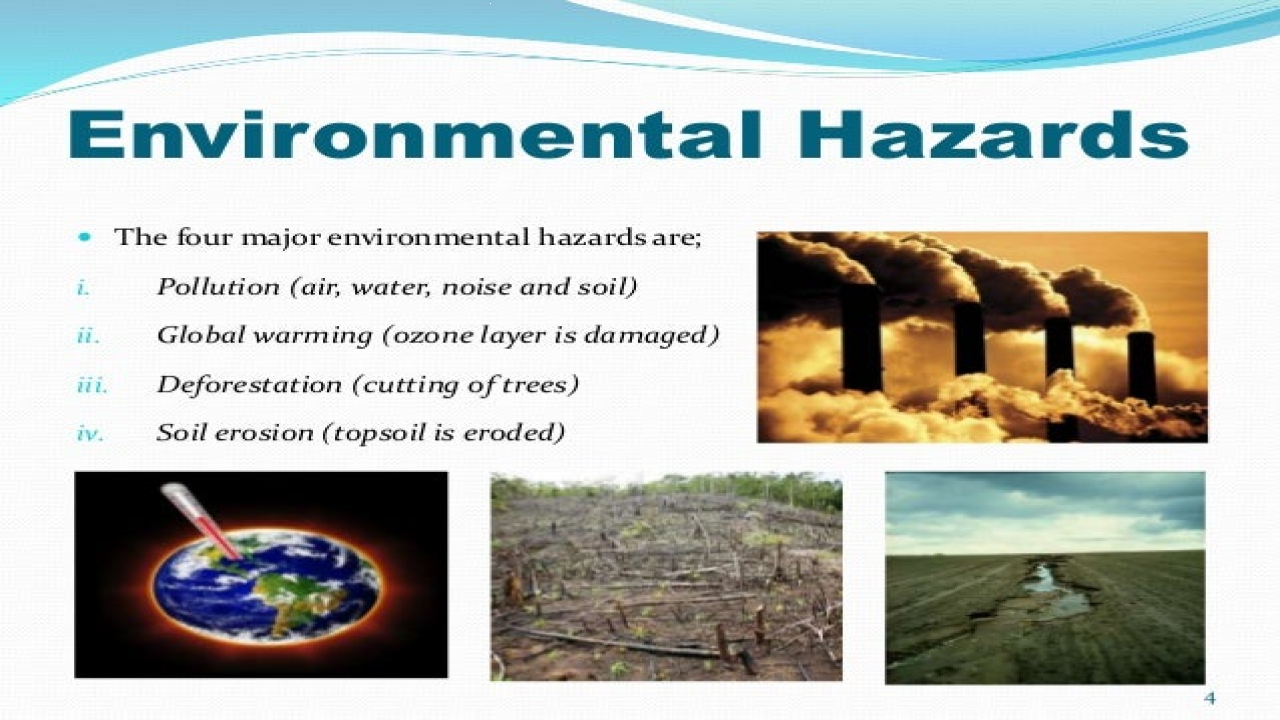Environmental Hazards and Remedial Measures
Environmental hazards refer to any substance, condition, or event that has the potential to harm the natural environment or human health. Environmental hazards can be natural, such as earthquakes and hurricanes, or caused by human activities, such as pollution and deforestation. Understanding the threats posed by environmental hazards and implementing effective remedial measures is essential in promoting a sustainable future.
Meaning and History of Environmental Hazards and Remedial Measures
Environmental hazards refer to any substance, condition, or event that has the potential to harm the natural environment or human health. The concept of environmental hazards has been recognized for centuries, with historical accounts of environmental disasters dating back to ancient civilizations. The modern environmental hazards and remedial measures movement began in the 1960s and 1970s, with the passage of major environmental laws such as the Clean Air Act and the Clean Water Act.
Types of Environmental Hazards
- Natural Hazards: Natural hazards are events that are caused by natural processes, such as earthquakes, hurricanes, and floods. These hazards can have significant impacts on the natural environment and human populations.
- Technological Hazards: Technological hazards are hazards caused by human activities, such as pollution and industrial accidents. These hazards can have significant impacts on the natural environment and human health.
- Biological Hazards: Biological hazards are hazards caused by exposure to living organisms, such as infectious diseases and harmful algal blooms. These hazards can have significant impacts on human health and the natural environment.
Examples of Environmental Hazards and Remedial Measures
- Air Pollution: Air pollution is a significant environmental hazard caused by human activities such as transportation and industry. Remedial measures for air pollution include promoting the use of public transportation, reducing the use of fossil fuels, and increasing the use of renewable energy sources.
- Deforestation: Deforestation is a significant environmental hazard caused by human activities such as agriculture and logging. Remedial measures for deforestation include promoting sustainable land use practices, such as conservation agriculture and reforestation.
- Hazardous Waste: Hazardous waste is a significant environmental hazard caused by human activities such as industrial production and waste disposal. Remedial measures for hazardous waste include implementing proper waste disposal practices and reducing the use of hazardous chemicals in industry.
Environmental Hazards and Remedial Measures Issues
- Environmental Justice: Environmental justice is the concept that all individuals, regardless of race or socioeconomic status, have the right to live in a clean and healthy environment. Environmental hazards and remedial measures can have significant impacts on marginalized communities, and ensuring environmental justice is crucial in promoting sustainability.
- Limited Resources: Limited resources can be a significant issue in implementing effective remedial measures for environmental hazards. Governments and organizations may not have the financial or technical resources necessary to develop and implement effective environmental policies.
International Cooperation: International cooperation is essential in addressing global environmental hazards. However, international cooperation can be challenging due to differing priorities and interests among countries.
Strategies for Effective Remedial Measures
- Prevention: Prevention is essential in addressing environmental hazards. Implementing policies and practices that reduce the likelihood of environmental hazards can help to prevent their occurrence.
- Remediation: Remediation involves addressing environmental hazards that have already occurred. Remediation measures can include cleaning up contaminated sites, restoring degraded habitats, and promoting biodiversity conservation.
- Education and Awareness: Education and awareness are crucial in promoting effective remedial measures for environmental hazards. Educating the public on the importance of environmental protection and sustainability can lead to greater support for remedial measures.
- Inclusivity: Ensuring that all stakeholders have a voice in the remediation process is crucial in promoting effective remedial measures for environmental hazards. This includes marginalized communities who may be disproportionately impacted by environmental hazards.


